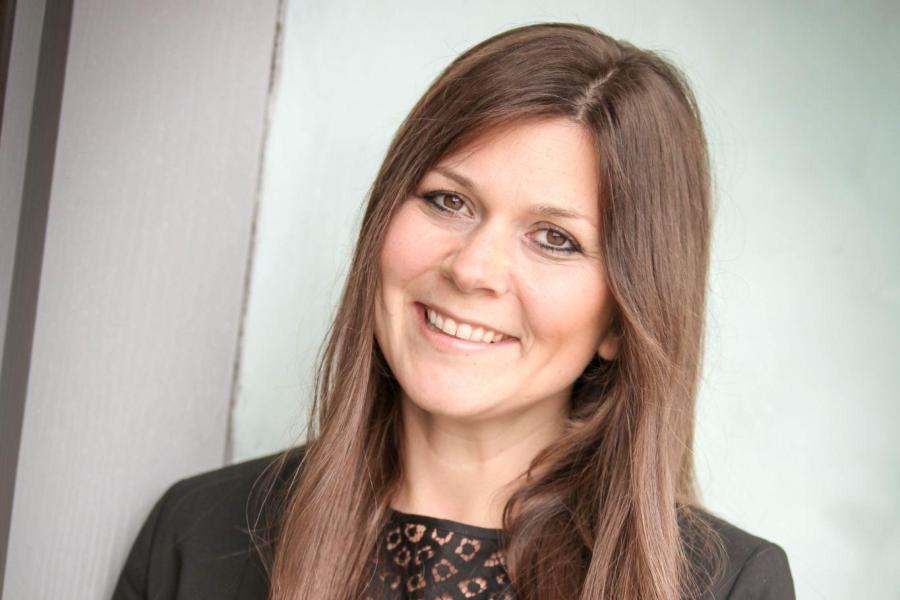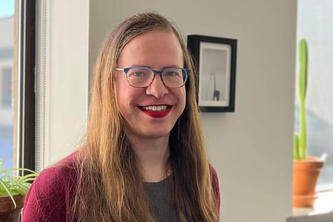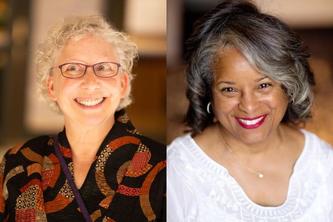
October is National Bullying Prevention Month and Marguerite Ohrtman, an associate professor in the College of Education and Human Development, shares her expert comment on how bullying affects students and how schools can work to prevent it.
Q: How do you define bullying?
Prof. Ohrtman: There are many types of bullying. Many think of physical bullying first, however, there can be just as much harm created by verbal bullying, cyberbullying and prejudicial bullying (bullying someone based on their race, ethnicity, religion or sexual orientation). In my own words, bullying is when someone is discriminated against or harmed, either verbally or physically, and these behaviors are repeated. There is usually a power imbalance between the individuals involved and behaviors used to maintain or create more power for those that are bullying. It is hard for the child or adolescent involved to feel like they have the power to make it stop and they can often feel hopeless in these situations.
Q: Where does bullying happen?
Prof. Ohrtman: Everywhere! For children and adolescents, it can happen at school, at home, with friends and online. Online bullying is tricky as there is not a lot of legislation around it or systems in place to track and reprimand those that are creating harm online. The internet has given even more power to those that want to bully others as there are few repercussions for these aggressive behaviors. It can cause major distress and even more feelings of powerlessness for victims.
Q: What are the effects of bullying?
Prof. Ohrtman: Victims of bullying are at an increased risk for anxiety or depression, which can impact their learning as well as their future. When children or adolescents feel hopeless or helpless, they may make harmful choices, including withdrawing, avoiding or even acting out. When we think about the effects of bullying, we often go to how to resolve the issue for the victim, when we should also be looking more systematically at the problem. The bully is usually getting a need met by hurting another individual. As a society, we need to explore how we can change these behaviors to help children, adolescents and even adults to get their needs met without having to hurt someone else.
Even for those that are observing or bystanding bullying, their silence can be interpreted as compliance or agreement that the action should happen. This silence can be powerful. It is hard to stand up to those that are bullying, however; it is important for children and adolescents to know that by not helping or stopping the bullying, they are partaking in it. Those that observe bullying can also develop mental health concerns such as anxiety or depression, as they too feel helpless to change what they have observed.
Q: What can schools and other organizations do to prevent bullying?
Prof. Ohrtman: I think the best answer is to increase the mental health support in schools through having school counselors in every school in Minnesota, as well as other support staff. Currently, Minnesota has one of the worst student-to-counselor ratios in the U.S. Many Minnesota school districts do not have elementary school counselors and those that do have ratios from 500-1000 students per counselor. If we want to systematically decrease bullying, we need to start early through preventative work for our students and families. By increasing mental health support, we are increasing conversations about bullying, teaching students coping skills and improving overall resiliency.
Q: What work is the U of M doing surrounding bullying prevention?
Prof. Ohrtman: At the University of Minnesota, we are working to reduce bullying in our state and across the country by translating research on bullying prevention into practice. The Department of Educational Psychology trains school psychologists, special educators and school counselors to help prevent bullying and make healthy learning environments a reality.
Marguerite Ohrtman, Ed.D., is a teaching associate professor in the College of Education and Human Development at the University of Minnesota and former president of the Minnesota School Counselors Association. She is a Licensed Professional Clinical Counselor in Minnesota. Dr. Ohrtman works in the Department of Educational Psychology’s counselor education program where she trains and conducts research with future school and mental health counselors.
-30-
About the College of Education and Human Development
The University of Minnesota College of Education and Human Development (CEHD) strives to teach, advance research and engage with the community to increase opportunities for all individuals. As the third largest college on the Twin Cities campus, CEHD research and specialties focus on a range of challenges, including: educational equity, teaching and learning innovations, children’s mental health and development, family resilience, and healthy aging. Learn more at cehd.umn.edu.
About “Talking...with U of M”
“Talking...with U of M” is a resource whereby University of Minnesota faculty answer questions on current and other topics of general interest. Feel free to republish this content. If you would like to schedule an interview with the faculty member or have topics you’d like the University of Minnesota to explore for future “Talking...with U of M,” please contact University Public Relations at [email protected].
- Categories:
- Education





